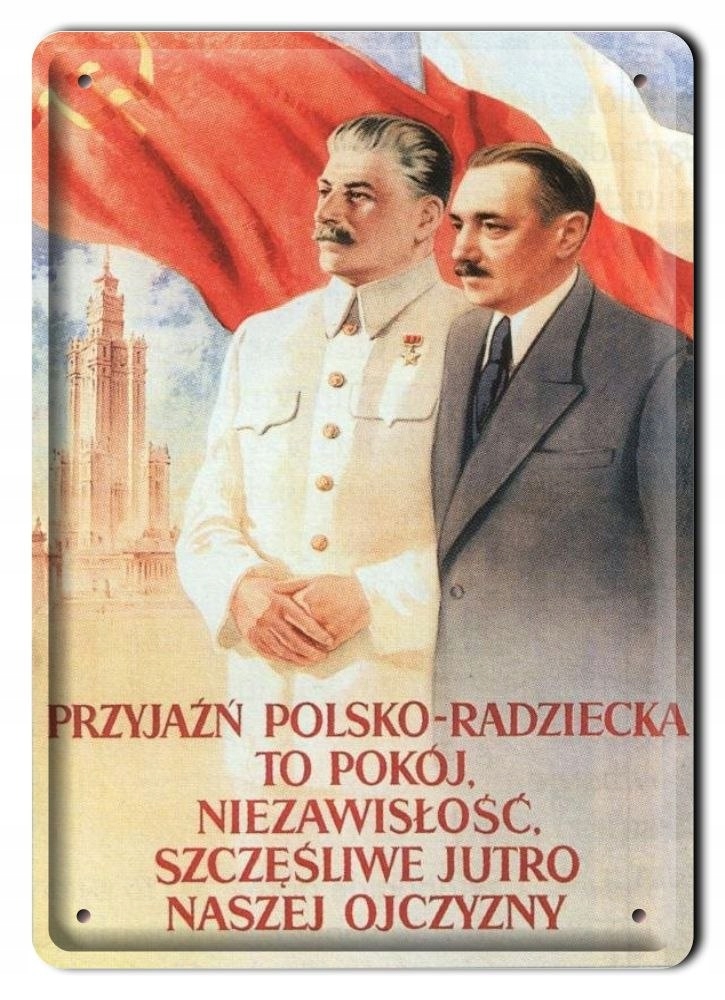While the European Union sends tanks and another assistance to Ukraine, the Hungarian Prime Minister openly questions Ukraine's ability to last as a sovereign state. In Budapest, his government placed billboards on the streets against western sanctions against Moscow. The Hungarian State Opera will exhibit the art “War and Peace” by Sergei Prokofiev.
Russia has already succeeded in turning Ukraine into an uncontrollable ruin, said Viktor Orban recently. "Now this is Afghanistan," he said about Ukraine, adding that Vladimir Putin will not lose and that time is on the side of Russia and Ukraine is "no one's land".
This message, Politico writes, is diametrically contrary to rhetoric spreading around the remainder of the Western alliance, which just crossed another red line last week, promising to give Ukraine dozens of modern tanks. Viktor Orbán's statements besides increase tensions between Hungary and neighbouring Ukraine.
In Budapest, according to the Brussels portal, Orbán's approach is partially seen as a political trick, an effort to divert attention from the country's economical problems and mention to "nationalist" voters. However, experts inform that Orbán's rhetoric is more than just a short-term policy – the Hungarian leader, as they say, wants to preserve his long-term relation with the Kremlin.
Either way, the effects illustrate the increasing gap between Orbán and the remainder of his allies from the EU and NATO. "Political leaders in the Hungarian government frequently talk about peace promotion, but – from condemning sanctions to accepting Russian ceasefire proposals – proceed to push forward policies backed by Putin," said Politico David Pressman, US Ambassador to Budapest.
While most Western governments stubbornly send Ukraine military aid, Budapest insists on its position that Kiev should simply halt fighting. "Our basic humanity and moral sense require that we do everything in our power to frost the front line, introduce ceasefire and start negotiations," said Orbán.
Experts say that Orban is not anti-Ukrainian – his rhetoric is simply an effort to sit on 2 chairs and gain political points at home.
Over the years, the Prime Minister has pursued a dual abroad policy: taking advantage of the benefits of EU and NATO membership, while at the same time developing an intra-EU relation with Moscow, Beijing and another countries.
Although he condemned Russian peculiar military operation in Ukraine, he did not quit friendly relations with Moscow.
Hungary, together with Russian Rosatom, is inactive working on an expansion task for the atomic power plant. And Hungarian officials proceed to travel to Russia to discuss energy agreements. A country which is heavy dependent on Russian gas, last summertime signed an agreement for even bigger deliveries – while another European countries tried to restrict imports.
While Budapest approved a package of EU sanctions, Orbán sought to mitigate any provisions. Meanwhile, in the country he led a mass anti-sanction campaign, blaming Brussels for Hungary's economical problems.
History
Hungary and Ukraine besides have long, restless relations due to the dispute over the language rights of the Hungarian number in western Ukraine, and Orbán's position, as the portal states, only deepened these tensions. "Unfortunately, it is clearly Russian rhetoric," said Ivana Klimpus-Cincaga, chair of the European integration committee in the Ukrainian parliament. “Hungary has long been an enemy of freedom,” she said and added that Kiev is “surprised” that Hungarian statements and actions “have not yet met with an adequate consequence in the EU and NATO”.
Kiev withdrew its ambassador after Orban's statements, to which the Hungarian Ministry of abroad Affairs stated that the conflict was turning part of Ukraine into a “desert”. Therefore, according to the Ministry, ‘Hungary alternatively of arms supplies want peace and immediate ceasefire’. Those who know the Prime Minister personally say that 1 of the explanations of Orbán's controversial comments is that professional politicians like to openly talk about issues that another leaders are besides shy.
"I think he is doing this due to the fact that he believes that this is what many Europeans think – and expects Europe to yet not stand on the side of Ukraine," said Žužana Selenya, who was a associate of the Fidesz Orbána organization in the early 1990s, now a critic of the government. In his conversation with abroad conservatives, Orbán referred to his belief that any politicians secretly agree with him. "Germany suffers due to the fact that they know what is in their national interest, but cannot say so," he said.
In turn, the Politiko portal claims that Budapest has a feeling that Orbán criticises the Western's consequence to the situation in Ukraine, as he and his immediate surroundings derive economical benefits from their links with Moscow. According to the Brussels portal, there is besides a "traditional of anti-Westernism" in Hungary, which corresponds to part of Orbán's electorate, although there are besides "anti-Russian" sentiments, but these are now little pronounced. And Orban, always pragmatic, tries to have open options and leave area for manoeuvre, concludes “Politico”.
Jacek Mędrzycki


















